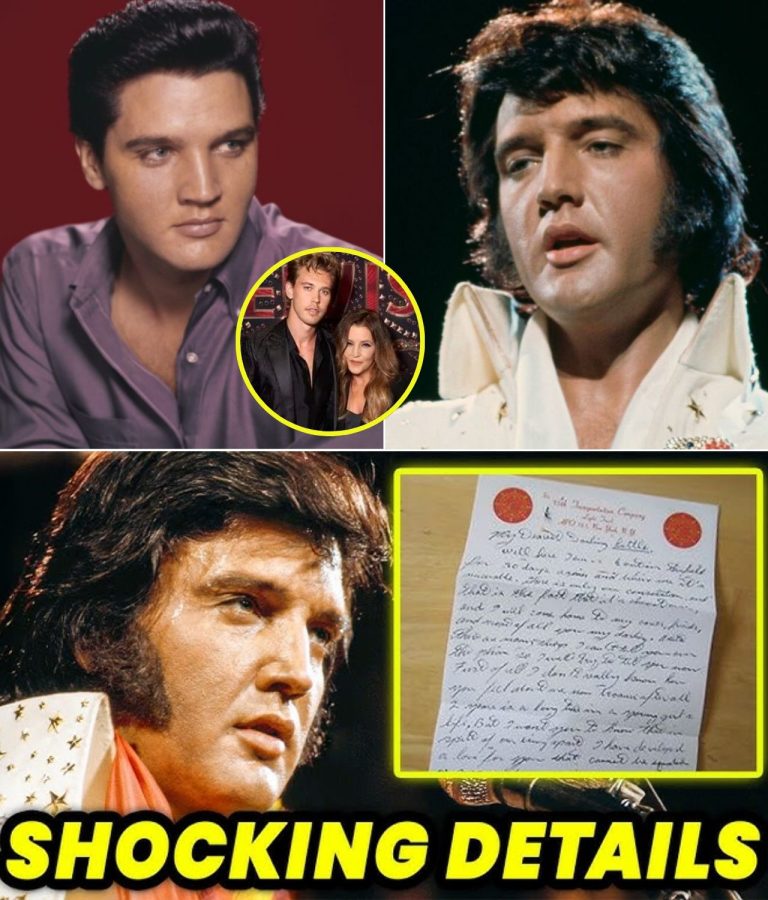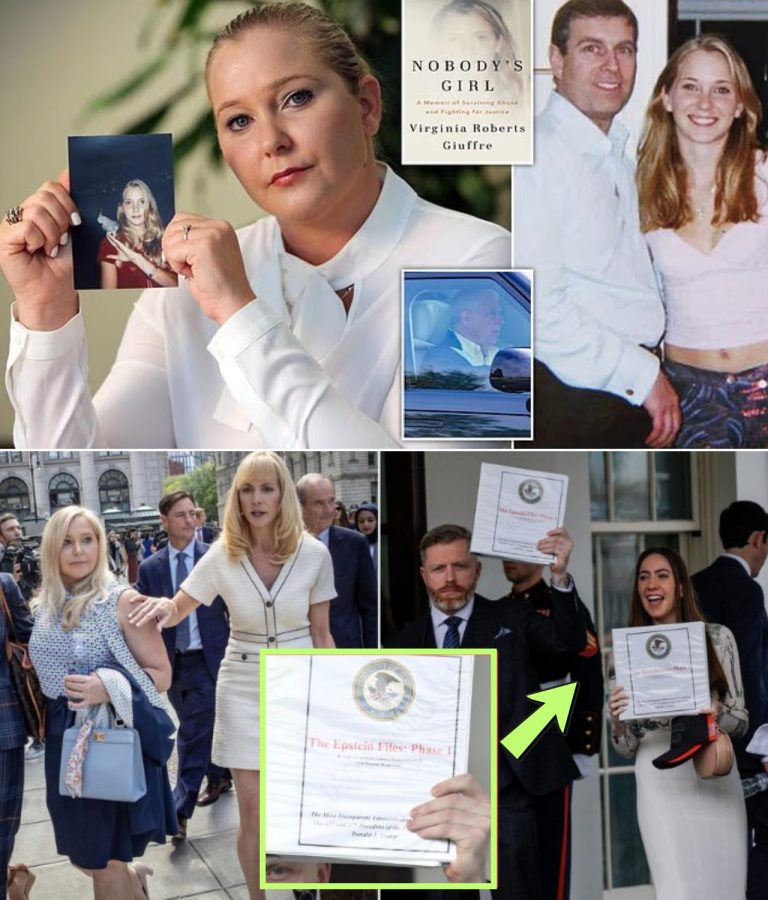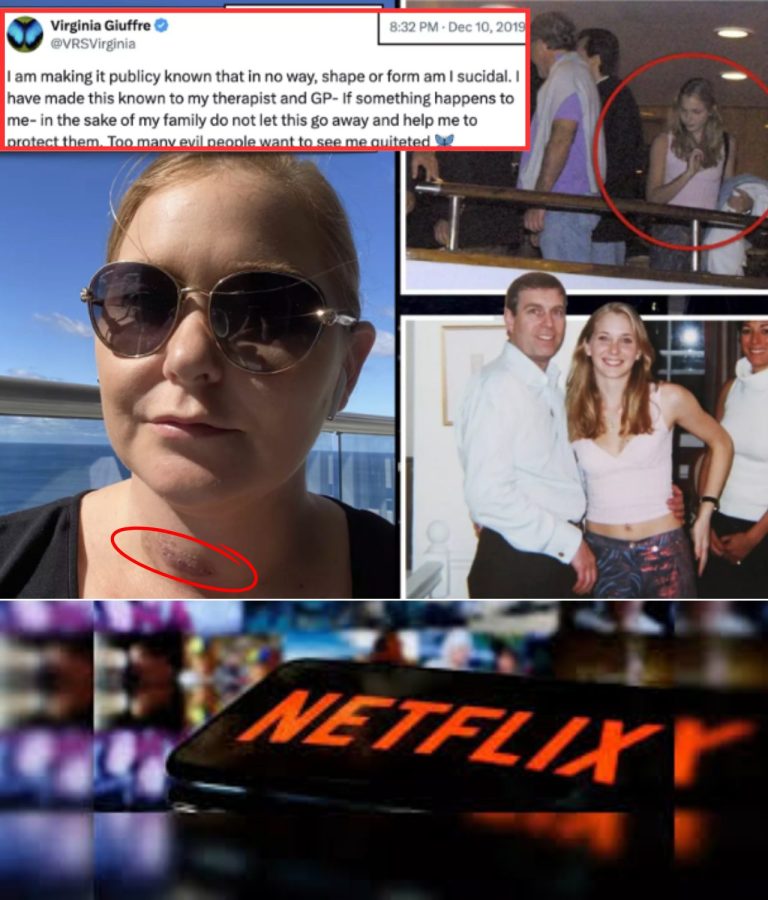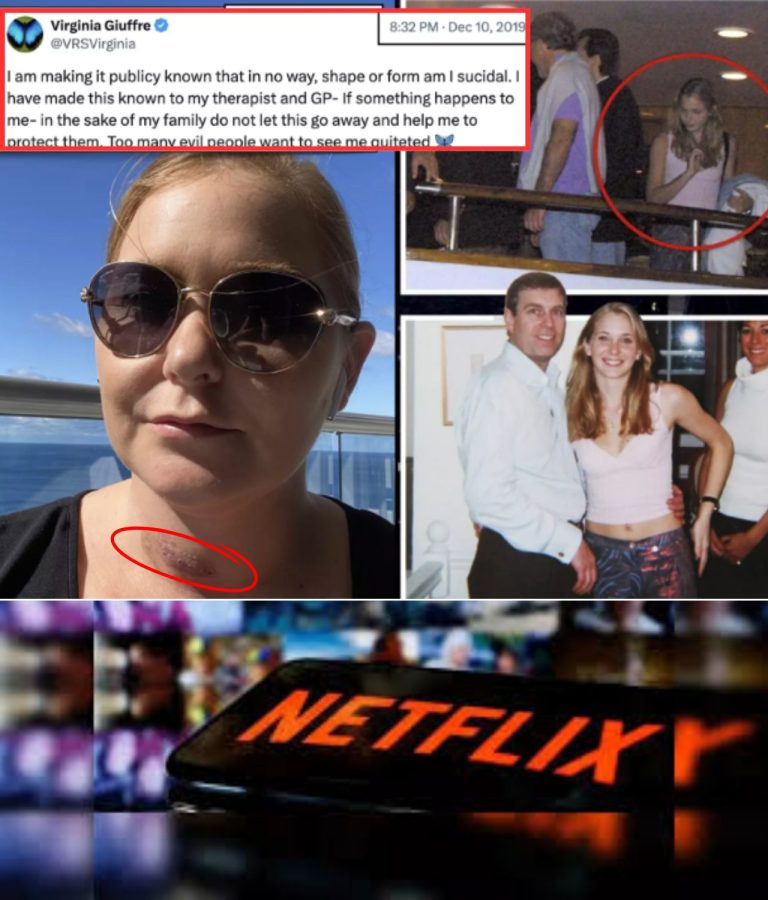Charleston White, a controversial yet influential figure, recently reacted to comments made by Young Dolph’s wife regarding the emotional struggles faced by their son following the loss of his father. During an interview on The Breakfast Club, she discussed her son’s anger and the importance of addressing the trauma stemming from Young Dolph’s death, which resonated deeply with White’s insights into the experiences of young boys without paternal figures.
 In her heartfelt remarks, Young Dolph’s wife shared her observations about her son’s behavior, noting a significant change in him after his father’s untimely passing. She emphasized that the absence of a father can lead to pent-up anger in young boys, causing them to channel their emotions negatively. This perspective aligns with Charleston White’s previous discussions about the impact of fatherlessness on youth, particularly within the African American community.
In her heartfelt remarks, Young Dolph’s wife shared her observations about her son’s behavior, noting a significant change in him after his father’s untimely passing. She emphasized that the absence of a father can lead to pent-up anger in young boys, causing them to channel their emotions negatively. This perspective aligns with Charleston White’s previous discussions about the impact of fatherlessness on youth, particularly within the African American community.
White expressed gratitude towards Young Dolph’s wife for recognizing the importance of these conversations. “I appreciate you speaking on things that really matter, and I hope your son ends up becoming the best in life,” White stated, highlighting the need for mentorship and guidance for children dealing with loss. His acknowledgment of her struggles reflects a shared understanding of the challenges faced by families in similar situations.
Charleston White has garnered attention for his candid commentary on societal issues, particularly the responsibilities of fathers in the upbringing of their children. In his reaction to Young Dolph’s wife’s interview, he reiterated the importance of accountability among parents. He pointed out that many young fathers are unprepared for the responsibilities that come with parenthood, which can lead to adverse outcomes for their children. White’s observations underscore a broader issue within the community, where the absence of a father figure often results in emotional and behavioral challenges for children.
The discourse surrounding these topics has gained traction, as more individuals recognize the need for open conversations about fatherhood and its implications. Young Dolph’s wife’s willingness to discuss her son’s struggles publicly serves as a reminder of the pervasive effects of trauma on young lives. By seeking mentorship and support for her son, she is actively working to channel his anger in a positive direction, a sentiment echoed by White in his advocacy for self-control and emotional resilience.
Charleston White’s insights resonate with a growing audience, as he emphasizes the importance of recognizing the pain that children endure in the absence of paternal support. His perspective challenges societal norms and encourages individuals to take responsibility for their roles as parents, fostering a healthier environment for future generations.
As discussions around fatherhood and its impact on children continue to evolve, the shared experiences of Young Dolph’s wife and Charleston White highlight the need for community support and understanding. Their narratives serve as a powerful reminder that addressing these issues is crucial for the emotional well-being of children who face the challenges of growing up without a father figure.
In conclusion, Charleston White’s reaction to Young Dolph’s wife’s comments sheds light on the critical conversations surrounding fatherhood, trauma, and the responsibility of parents. By emphasizing the need for mentorship and emotional support, both figures contribute to a broader dialogue aimed at fostering healthier family dynamics and empowering the next generation.






